The How of Hope: Application of Theory

I’ve been thinking a lot lately about Hope Theory from Positive Psychology, and I’m happy to see the Theory being introduced and applied in human services settings around the country. Over the past few years, I’ve been fortunate to have supported and inspired probation staff, behavioral health providers and social services staffs.
Staying the course is hard when the challenges feel insurmountable and the success often infrequent. Witnessing the importance of having hope for a better future can provide a deep source of motivation for those “Do-Gooders” doing the hard but good work in lifting others up.
These “Do-Gooders” around the country are struggling. Low engagement, stress, burnout, empathy fatigue all worsened by hiring and retention challenges and exacerbated by the loss of seasoned workplace veterans and their institutional knowledge. Doing more with less is a motto, but it’s not super inspiring!
Hope in Confinement
Hope can be found in the most negative of environments and under the worst of conditions. Most people know the story and book “A Man’s Search for Meaning” by Viktor Frankl. If you don’t, it’s a very hard book to read because of the setting: Auschwitz. Frankl survived the Holocaust, many around him did not.
“Everything can be taken from a man but one thing: the last of the human freedoms—to choose one’s attitude in any given set of circumstances, to choose one’s own way.”
– Viktor Frankl
I heard, in person, the story of Joey. A former prisoner and now a returned citizen and Peer Support Specialist in California. Joey owns his past and what contributed to his incarceration. On stage that day, when I heard his story, he spoke the incredibly sad words, “I made people into victims.” I’ll pause here for effect. And in the legal metaphor, he was given three strikes and then he was out… of society and into confinement at San Quentin. But he turned it around against the odds and received an award that day.
Turning Your Hopes Into Actions
Hope, like happiness, is not a passive state of being. Hope has an active component. Hope, as defined in positive psychology, has three parts: goals, strategies and agency.
- Goals – what is the desired future state expressed as a goal
- Strategies – the “how” we perceive as the path towards progress towards the goal via action
- Agency – the belief that we can do the strategies we’ve outlined
Progress can feel infinitesimally small. Fits, starts, backwards forward. It might get easier for a time, then harder, then stall. A new fire arises, needing to be put out, before getting back to now smoldering initiatives and hopes for the future. But we can’t give up. We have to have hope, because Viktor Frankl was liberated on that day in 1945. Joey was liberated. Hope won.
If Joey and Viktor can do that, you can do anything. Truly anything. And in a microwave society where we want everything done now, we must embrace a slow-cooker sense of progress with complex problems. Plus, slow cooker food taste better in the end, anyway. I digress.
Supporting Hope in Your Workplace
Research proves that happier people are more successful—and fostering workplace well-being and happiness isn’t all fluff and fun. The Surgeon General says it’s critical. My approach to sustaining workplace happiness and hope has five techniques:
Feelings – A positive mindset is ours to control, and when in a positive state, we are 31% more productive. We can actively create a positive mindset in ourselves and our teams.
Friends – We achieve things and overcome challenges as teams. Teams build trust, are supportive and also held accountable to each other. But realize hope has a near 0% chance when your employees are worried about their own survival. Trust cannot be microwave-ready, trust takes time.
Focus – No one ever won a Noble prize for conquering their email inbox. Focus means engaging in the hard work fully and making time to go deep into the complex work. You have to have time to go deep.
Forward – Developing mastery isn’t always fun and doesn’t feel good. Talent alone will not get “it” done. Grit, discomfort, failure and stress are part of moving forward. Leaders honor this discomfort as part of progress and stay focused on the end results.
Fulfillment – A service mindset with a purpose is easier to do when we belong and connect to something bigger than ourselves. It can be a mission, a vision, a group or a goal.
An Activity on Hope
In Positive Psychology Hope/Optimism are deemed Character Strengths. Hope is easier for some – a natural inclination. Find out where Hope ranks for you using this survey.
My worldview changed when I found Positive Psychology years ago and I dove headfirst into the tools to apply them in my own life. I’ve literally changed my life with small steps, new understanding and some big leaps allowing me to serve more deeply. This work is a great privilege—and I get as much from the work as I give. I have been applying these same Positive Psychology tools with teams around the country and the results are unsurprisingly life changing. I want your team to have hope and to be happy! That is my hope.
BOOK A DISCOVERY CALL
Anthony Poponi is a happiness expert, energetic professional speaker, workplace consultant and founder of Focus on the 40 programs and resources. He specializes in putting joy in our workplaces and in our communities through workshops and keynotes that leave his audiences buzzing. Being a hard act to follow on stage is always his goal.





